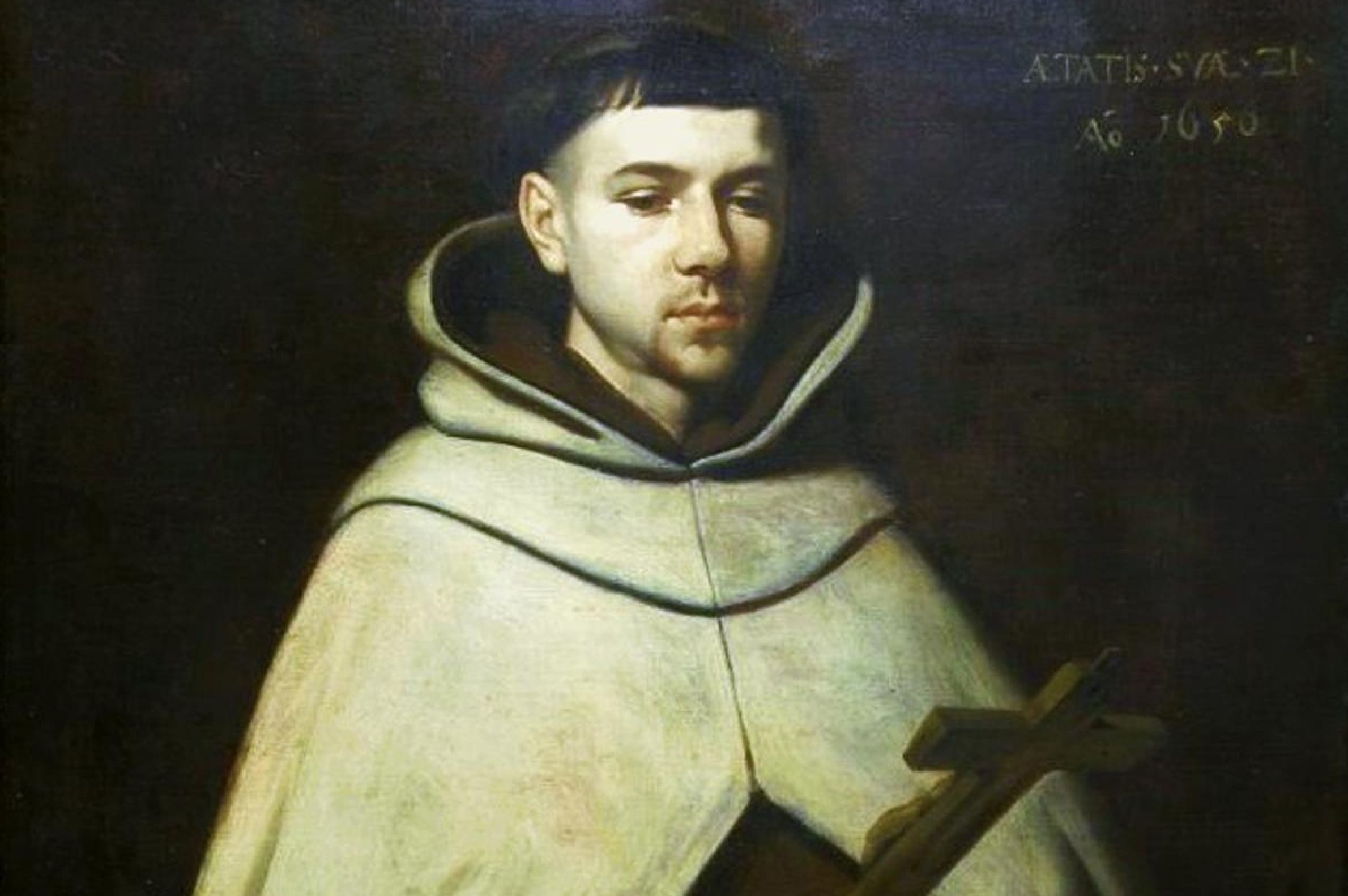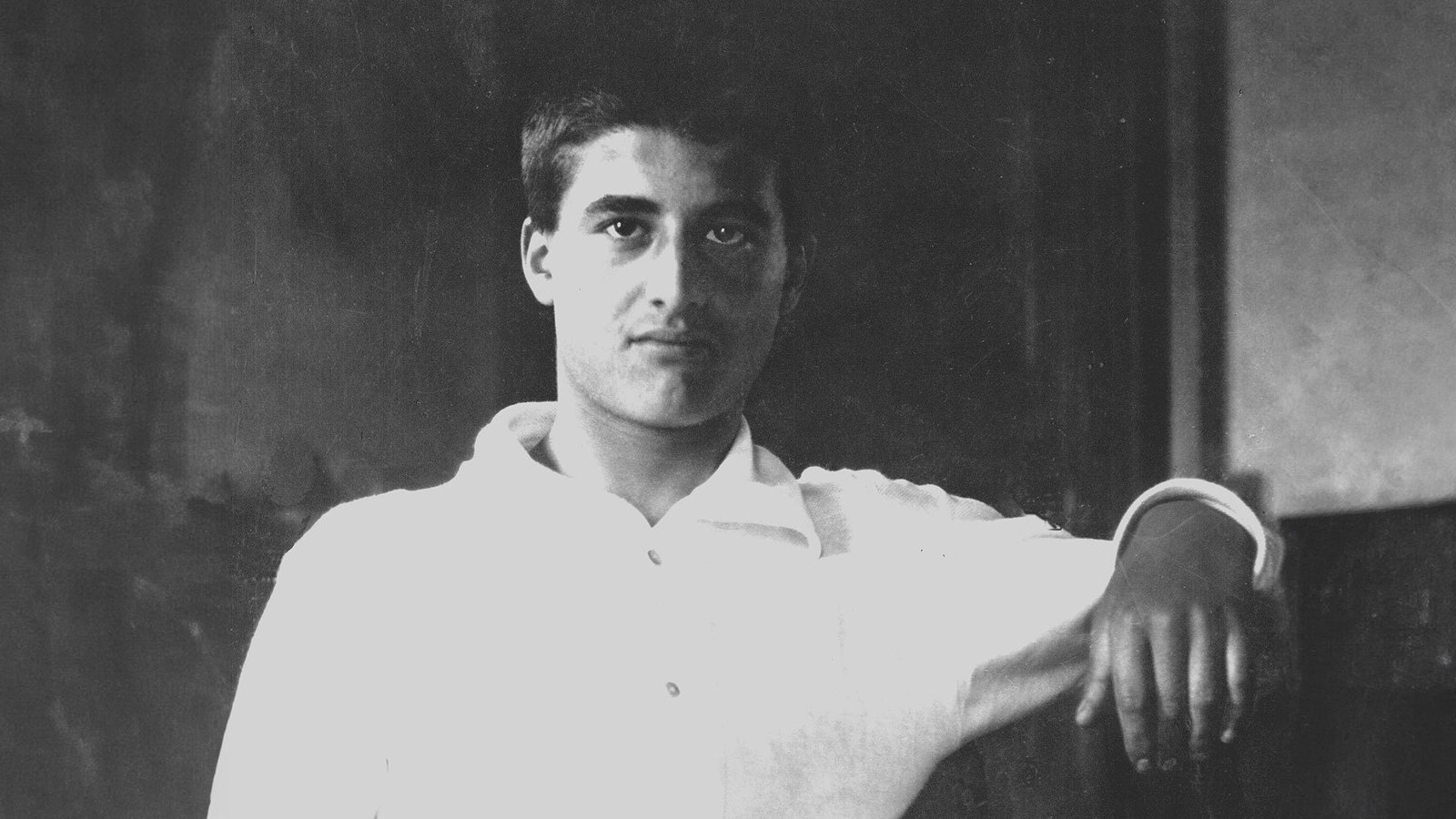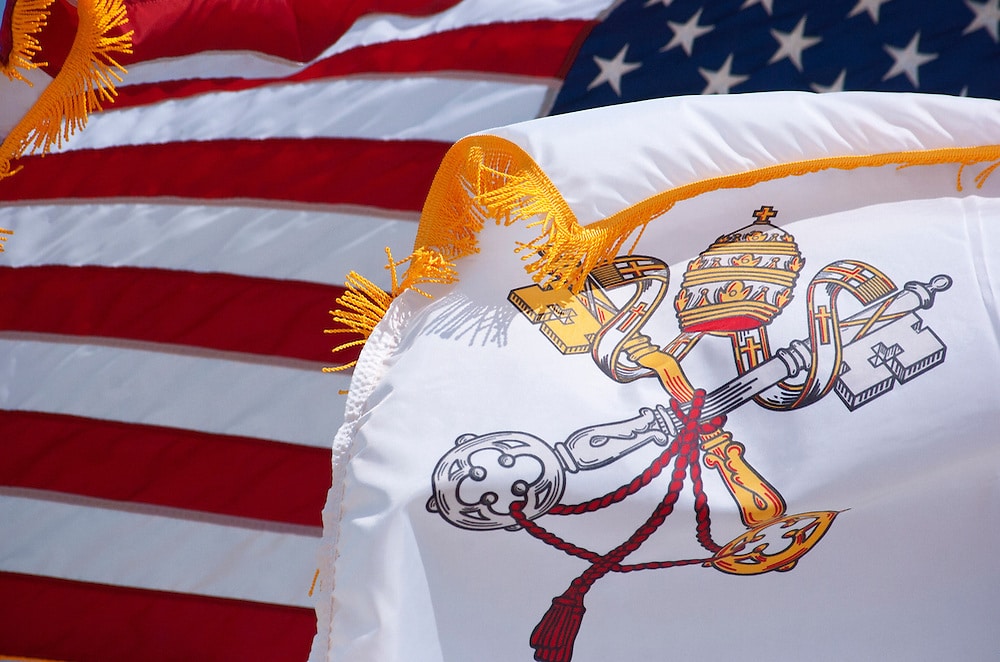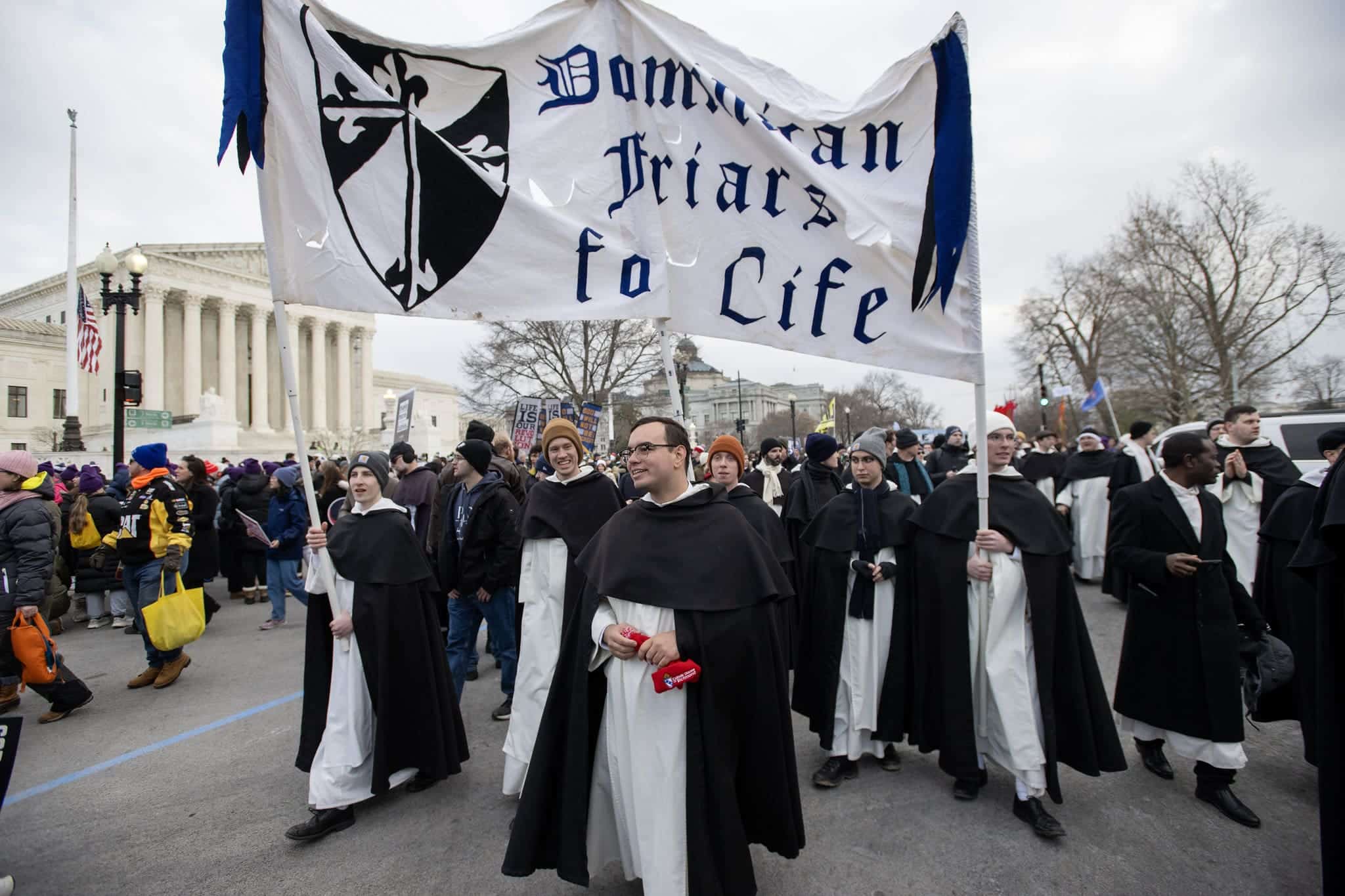

Knowing God, Although it is Night
By Fr. Bruno Shah, O.P.
St. John of the Cross is a mystical doctor of the Church. As a “doctor,” his teaching has comprehensive and universal value. As a “mystic,” his life displays unspeakable secrets of union with God. As a mystical doctor, then, he uniquely teaches us what cannot be taught; he authoritatively speaks to us of what cannot be spoken.
Not for nothing, St. John teaches and expresses himself by way of poetry. Indeed, St. John of the Cross is one of Spain’s great poets, even aside from his being a saint or doctor. On this, his feast day, I’d like to share a few powerful insights from one of my favorite poems. Of course, much more could be said than I can say here. And much more of what St. John speaks cannot be said, at least in this way here.
The poem is called Song of the Soul that Rejoices in Knowing God by Faith. In this piece, St. John sings of the nature of faith and its fundamental darkness. Christian faith is constitutively mystical: it touches the God it does not yet see. While on earth, we walk by faith, not by sight (cf. 2 Cor 5:7), en route to the land of heavenly vision.
Extolling the gift of this dark knowledge of faith, St. John repeats a kind of refrain at the end of each stanza—“although it is night.” He meditates on the mysteries of faith that he loves; and he knows that he loves them. Although it is night, he knows the light.
The central image of the poem, besides that of the night’s darkness, is of a spring of water that eternally flows. One reality that this spring surely signifies—among others—is God the Father, traditionally associated with fontal imagery. From the Father, St. John tells us, two “streams” proceed. They are, we can appropriately interpret, the Son and the Spirit.
Two wonderful aspects of this triune spring are the way it runs through all of reality, and the way it is the source of indomitable hope.
I know that its streams are so brimming
they water the lands of hell, the heavens, and earth,
although it is night.I know well the stream that flows from this spring
is mighty in compass and power,
although it is night.I know the stream proceeding from these two,
that neither of them in fact precedes it,
although it is night.
So, through living faith, St. John knows wonderful secrets about the life of the eternal Trinity. He confesses our dogmatic faith that the three are consubstantial: even though the stream of the Spirit “[proceeds] from these two,” the Father and Son, He is not less than they: “neither of them in fact precedes” the Spirit, St. John playfully declares. And the Fatherly spring’s two coeternal streams are so overfull that they fill the whole range of creation—from the highest skies to all the earth and even, in a daring phrase, to “the lands of hell.” Now, St. John is meditating on the total reach of God’s being and power, and not saying something necessarily about judgment or damnation. Nevertheless, this wonderful imagery gives the Christian unimaginable hope.
Indeed, the faith that knows illuminating truths “although it is night,” can even more confidently declare that it is happy and overjoyed “because it is night.” In the penultimate stanza, St. John surprisingly augments his refrain to say just this, and with great effect. The eternal spring
…is here calling out to creatures;
and they satisfy their thirst, although in darkness,
because it is night.
The mystic knows that, this side of things, not knowing is actually a tremendous mercy. All that the creature desires and longs for aches restlessly toward God, such that all its manifest satisfactions are hidden responses and even approaches to the Creator whose gift of being is itself a call. God the Father’s love runs throughout all of reality in what theologians call the “missions” of the Son and the Spirit, such that this eternal spring courses through everything. And thus, we who cannot fathom the divine plan concerning the tumults of the day or the pains of our lives can choose to believe that God is bringing all things to perfection. And we can do this precisely “because it is night.” The darkness of faith yields the light of hope, all of it suffused with the power of divine love.
This mystical faith of ours is affirmed nowhere more powerfully than in its eucharistic source and summit. For, the bread that God has made is converted into himself by the religious consecration that he has instituted. The Eucharist is the convivium of his triune Godhead and all of creation. The ever-living spring that wells up in the believer (cf. Jn 4), also wells up within the Eucharist.
The mystical doctor teaches us that we can experience the unspeakable secret of union with God in the Eucharist—there, there is union with God and with all the baptized and indeed with all of creation, which God is mysteriously destining unto himself in His Son through the Spirit. In the darkness of faith that seems to see so little, the believer can yet sing of God’s selfsame eternal spring that gives us unconquerable hope and secret joy in the living gift of God’s very self:
This eternal spring is hidden
in this living bread for our life’s sake
although it is night….






